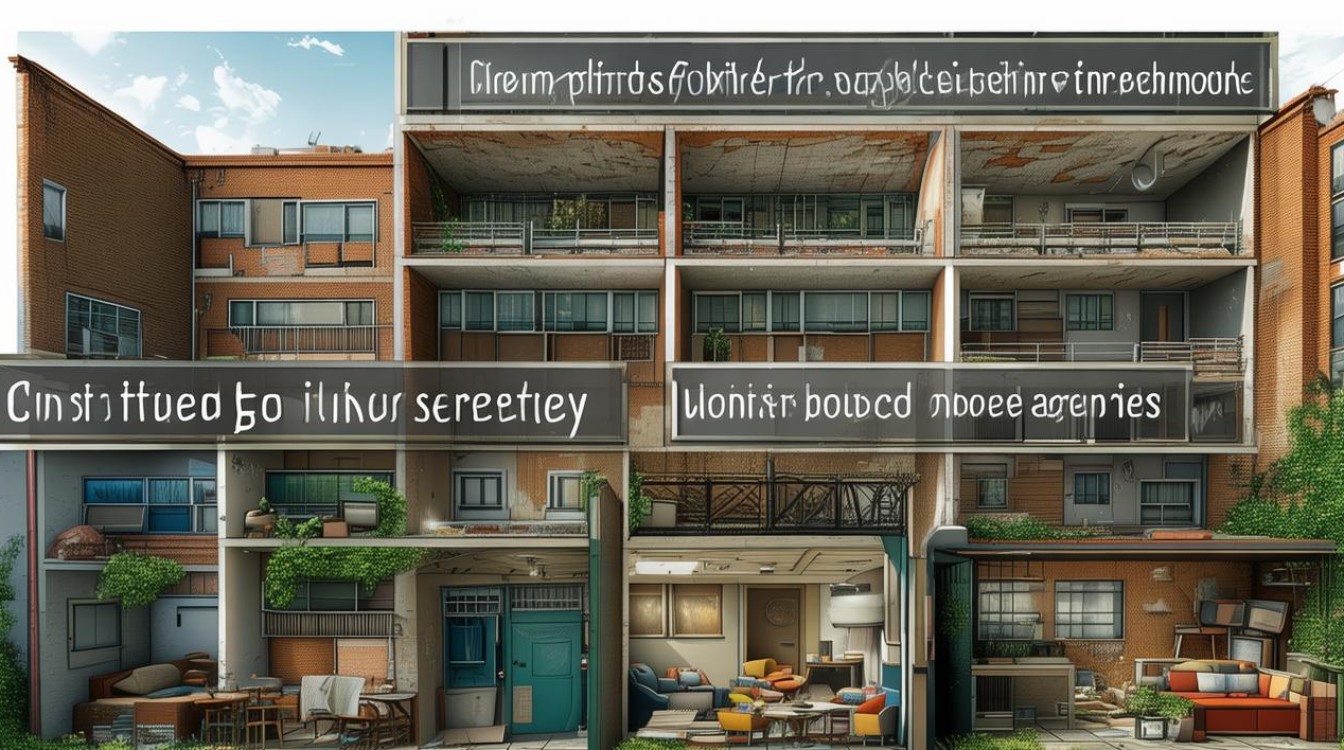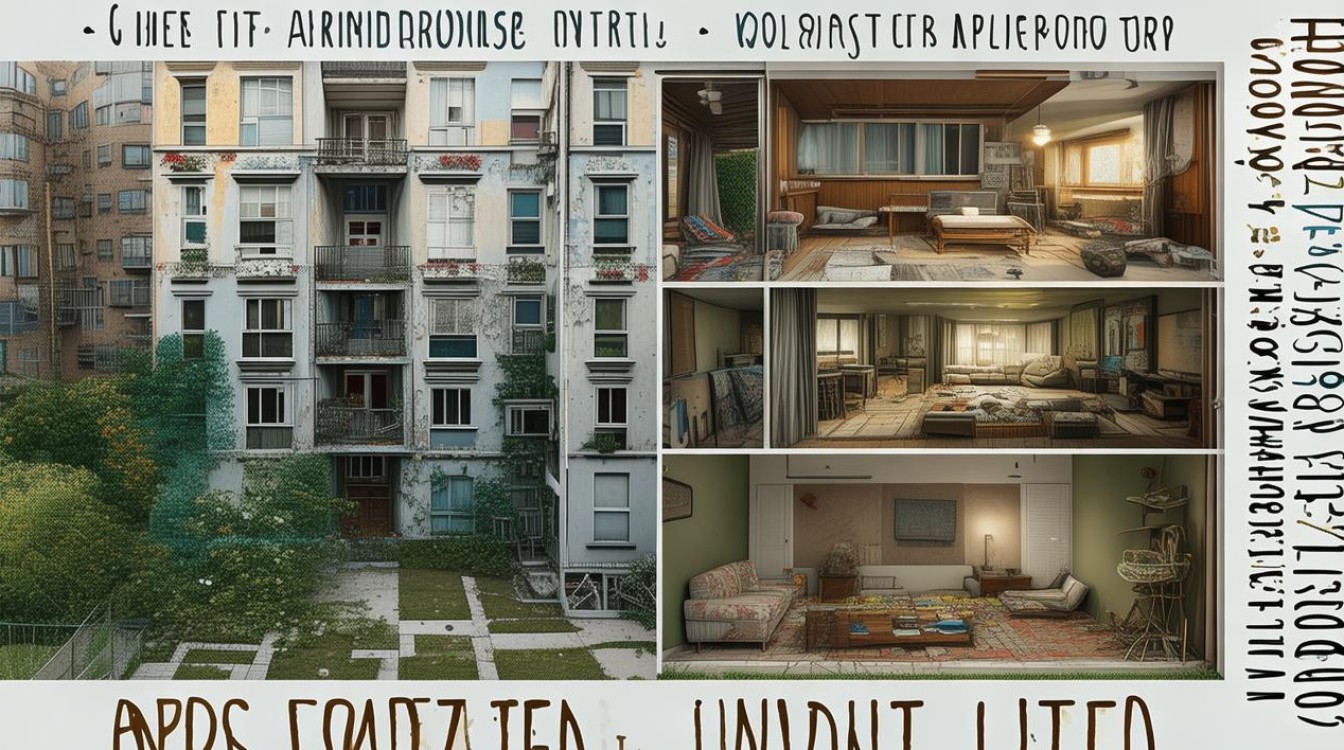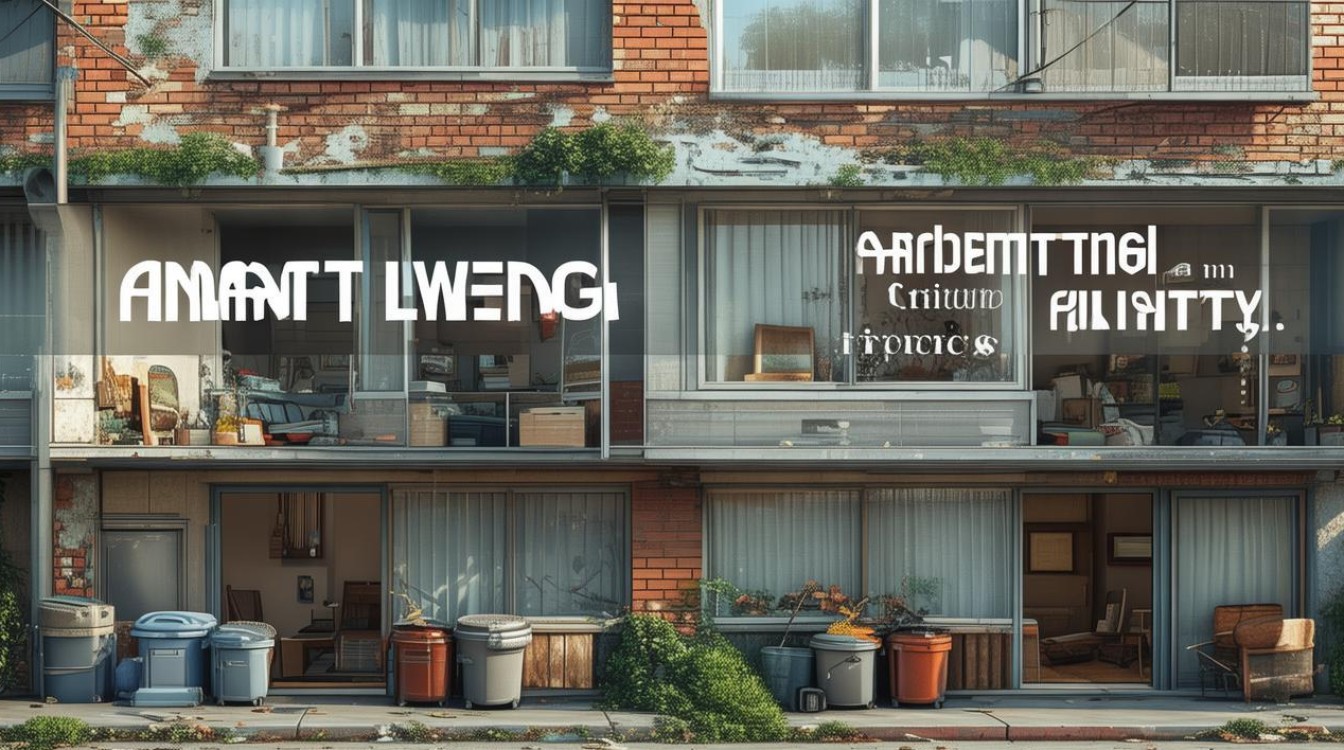Living in an apartment has become a popular choice for many, especially in urban areas where space is limited and housing costs are high. While apartments offer convenience and affordability, they also come with several drawbacks that potential renters or buyers should consider.

Limited Space and Privacy
One of the most significant disadvantages of apartment living is the lack of space. Unlike standalone houses, apartments often have smaller rooms, limited storage, and shared walls with neighbors. This can make it challenging for families or individuals who need extra room for work, hobbies, or guests.
Privacy is another concern. Thin walls and close proximity to neighbors mean noise from adjacent units can easily disturb daily life. Whether it’s loud music, late-night conversations, or footsteps from upstairs, unwanted sounds can be a constant annoyance.
Restrictions on Personalization
Renters, in particular, face strict rules about modifying their living space. Landlords often prohibit painting walls, drilling holes, or making structural changes. Even owners in condominiums may need approval from homeowners' associations (HOAs) before making significant alterations.
This lack of freedom can be frustrating for those who want to personalize their homes. Unlike owning a house, where renovations are typically at the owner’s discretion, apartment dwellers must adhere to regulations that limit creativity.
Noise and Lack of Tranquility
Apartments are often located in busy neighborhoods with high foot traffic, street noise, and frequent construction. Even in quieter buildings, shared hallways and elevators mean interactions with neighbors are unavoidable. For people who value peace and quiet, this environment can be less than ideal.
Additionally, amenities like gyms, pools, or rooftop terraces—while appealing—can become sources of noise if other residents use them late at night or early in the morning.

Higher Costs Over Time
While apartments may seem more affordable than houses initially, long-term costs can add up. Rent increases are common, especially in competitive markets. For those who purchase a condo, monthly maintenance fees and special assessments can strain budgets.
Utilities may also be higher due to shared heating or cooling systems, and parking fees in urban apartments can be exorbitant. Over time, these expenses may outweigh the perceived savings of apartment living.
Lack of Outdoor Space
Most apartments lack private yards or gardens. Balconies, if available, are often small and may not provide enough space for gardening, outdoor dining, or relaxation. For pet owners, the absence of a yard means frequent walks, which can be inconvenient in bad weather.
Even shared outdoor spaces, like courtyards or rooftop decks, may have restricted access or be overcrowded, reducing their usability.
Parking and Transportation Challenges
Urban apartments frequently have limited parking options. Some buildings charge extra for parking spots, while others offer only street parking, which can be unreliable. In dense cities, finding a spot may require circling the block multiple times.
For those who rely on public transportation, apartment locations near transit hubs can be a plus. However, late-night service disruptions or crowded trains and buses may offset this convenience.

Rules and Regulations
Apartment complexes often enforce strict rules regarding noise levels, guest policies, pet restrictions, and even decor. HOAs or property management companies may impose fines for violations, creating a sense of constant oversight.
For example, hosting gatherings may require prior approval, and pet owners might face breed or size restrictions. These regulations can feel intrusive for those accustomed to more independence.
Security Concerns
While many apartments have security measures like keycard access or doormen, shared entrances and common areas can still pose risks. Break-ins, package theft, and unauthorized entry are more common in multi-unit buildings than in private homes.
Ground-floor units are particularly vulnerable, and even upper-level apartments may face risks if building security is lax.
Limited Control Over Maintenance
When something breaks in an apartment, residents must rely on maintenance staff or landlords to make repairs. Delays can leave tenants without essential services like heating, plumbing, or electricity for extended periods.
Owners in condos may have more control but still depend on building management for shared infrastructure issues, such as elevator malfunctions or roof leaks.

Resale and Investment Risks
For those who purchase an apartment, resale value can be unpredictable. Market fluctuations, building reputation, and HOA disputes may affect property value. Unlike houses, which often appreciate over time, condos can be harder to sell, especially if the building has maintenance issues or high fees.
Final Thoughts
Apartments provide convenience and affordability, particularly in cities where space is scarce. However, the trade-offs—limited privacy, noise, high costs, and restrictive rules—make them less appealing for some. Before committing to apartment living, it’s essential to weigh these disadvantages against personal needs and lifestyle preferences.
For those who prioritize flexibility and urban proximity, an apartment may still be the right choice. But for individuals seeking space, quiet, and long-term stability, alternative housing options could be a better fit.



